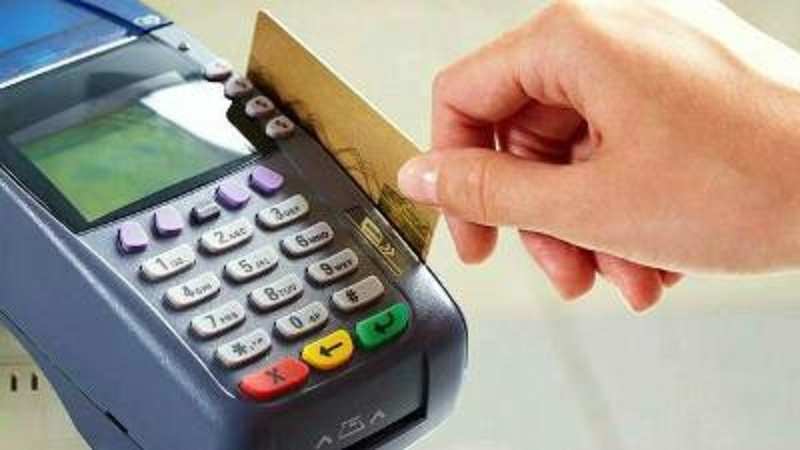
Prime Minister
Some of the facts from a study by
Less than 10 % of Indians have ever used any kind of non-cash payment instrument and less than three percent of the value transacted in the year ending March 2014 used cards. Fewer than two percent of Indians had used a mobile phone to receive a payment.
Indians who have used a mobile phone to receive a payment is less than two percent.
The Tufts researchers see it differently. India, they say, has erred in choosing a bank-led model over a telecoms-led one.
"Consumers have been left unaware of how they might use mobile phones for services other than communications, texting, or Facebook," the study said.
The Indian startup, however, has witnessed explosive growth since the government's November 8 currency ban, tapping opportunities isn't proving to be easy.
Paypal-style wallets, which customers fill from their bank accounts, won't pose too serious a challenge to traditional lenders. But Paytm, as well as mobile operators
But with both banks and telcos suffering from a deficit of trust and access, neither should be the first choice for replacing cash. The only institution whose balance sheet people actually want is the one they've always used to settle transactions: the Reserve Bank of India.
Even at the Bank of England, the idea is still just a research project. If Modi had embraced it, the pain of demonetization would have become unnecessary. Given people's preferences, it's still not too late to consider.
